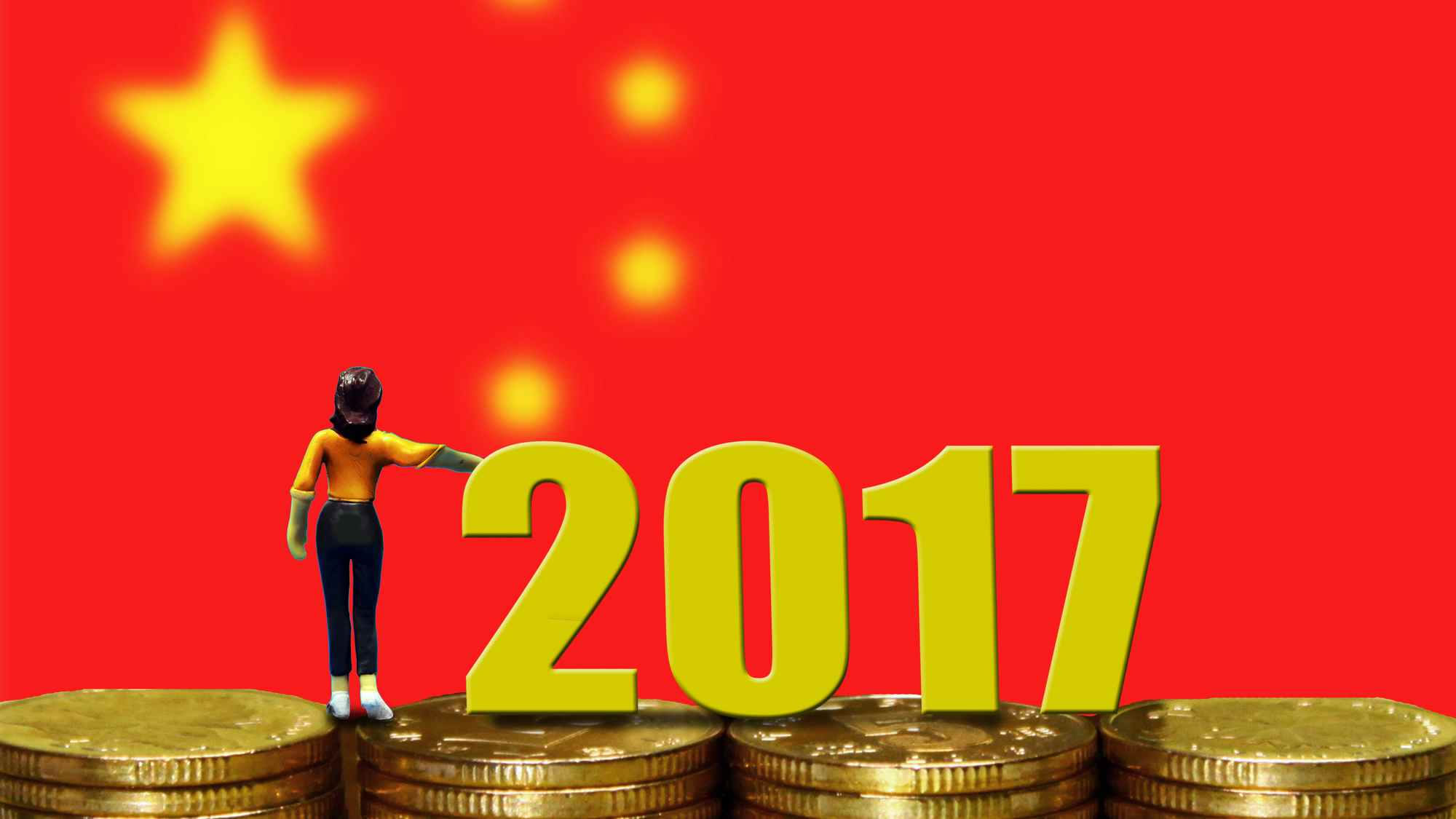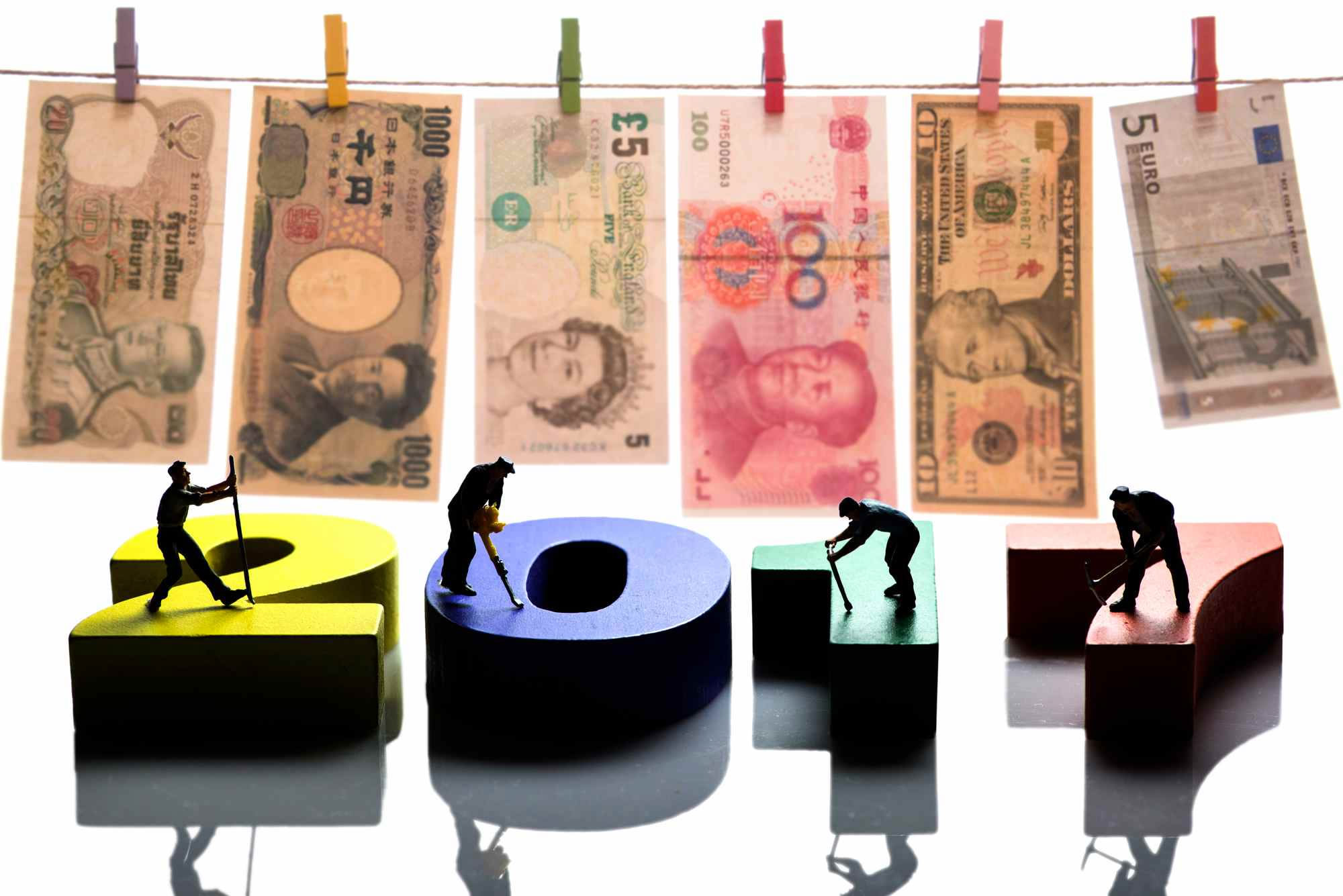
Business
14:23, 01-Jan-2017
China intensifies scrutiny on individual forex purchase
Updated
10:30, 28-Jun-2018

China’s foreign exchange regulator announced on Saturday that it will strengthen scrutiny on individual foreign currency purchase through due diligence checks and post-purchase inspections, aiming at reining in illegal money outflows, starting January 1, 2017.
The State Administration of Foreign Exchange (SAFE) said the 50,000 US dollars annual individual quota will remain unchanged.

/CFP Photo
/CFP Photo
SAFE explained, the number of Chinese people who traveled overseas has reached 120 million annually, leading to increasing needs for foreign currency; however, China’s reporting system for individual forex purchase was too simple and out of date with potential system loopholes facilitating illegal money transfers and money laundering.
For instance, some individuals used money exchanged under current accounts to make investments such as overseas property acquisition under capital accounts.
“Such transactions disrupt normal market order, and erode the interests of those foreign currency buyers who abide by the rules,” SAFE said, and it will examine the forex purchase application form and data more closely and frequently.
The SAFE announcement came amid aggravating capital outflow pressures that derived from the reset of annual limit for individuals on January 1 and worries that the Renminbi against US dollar may drop down below the 7.0000 key defensive line.

/CFP Photo
/CFP Photo
As part of new anti-money laundering efforts, the People’s Bank of China (PBOC) said in a statement on Friday that financial institutions are required to report any cross-border transfers over 200,000 yuan (28,800 US dollars), starting July 1, 2017.
The PBOC stated its Anti-Money Laundering Monitoring and Analysis Center must be notified of any domestic cash deposits, withdrawals, or transfers over 50,000 yuan (7,200 US dollars), while the existing limit now is 200,000 yuan (28,800 US dollars).
China’s foreign reserves, the world’s largest stockpile, fell to a five-year low of 3.05 trillion dollars in November.

SITEMAP
Copyright © 2018 CGTN. Beijing ICP prepared NO.16065310-3
Copyright © 2018 CGTN. Beijing ICP prepared NO.16065310-3